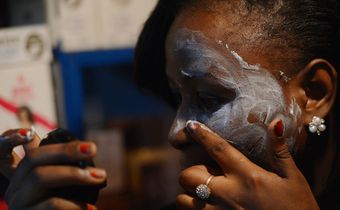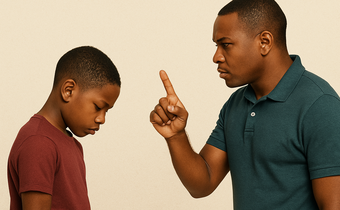How to Discipline a Child Without Yelling or Hitting in Ghana: Legal Ways to Correct Behavior
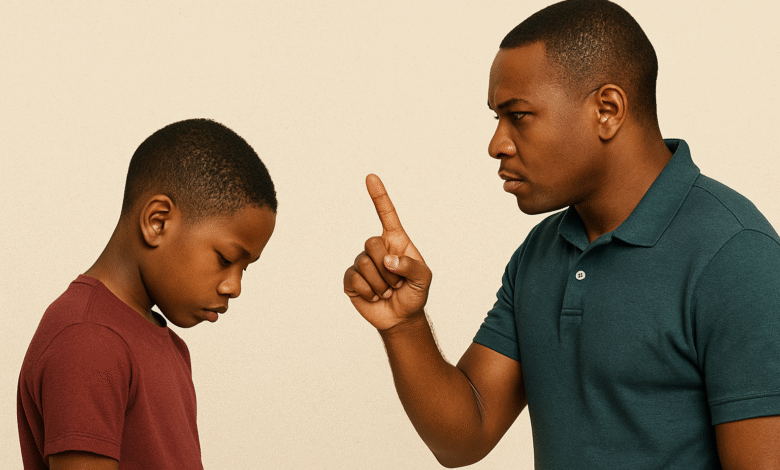
Let’s be honest—raising a child in Ghana isn’t for the faint-hearted. Between homework battles, screen time fights, and those “you can’t talk back to me” moments, it’s tempting to just reach for the cane like our parents did. But times have changed.
Today, what you call discipline, the law might call abuse. So if you’re a parent, teacher, guardian—or even a nosy uncle—it’s important to know how to correct a child without ending up on the wrong side of the law. Let’s break it all down in plain terms.
Is It Illegal To Discipline A Child?
MUST READ: Break U.S. laws and risk deportation, visa ban – Embassy warns Ghanaians
Disciplining a child in Ghana today goes beyond shouting or caning. With new legal limits under the Children’s Act and Domestic Violence Act, it’s important for parents, teachers, and guardians to correct children in ways that are firm—but lawful. From time-outs to family meetings, here’s how to stay out of trouble while raising respectful, confident kids.
Not exactly ,there are limits. You can’t hit, injure, or mistreat children, even if they’re your own. Ghanaian law protects children from abuse and inhumane treatment, and you could face serious consequences if you violate those protections.
Child Protection Laws in Ghana
What Act 560 (Children’s Act) Says
Ghana’s Children’s Act, 1998 (Act 560) is all about protecting children from harm. Section 13(1) puts it bluntly:
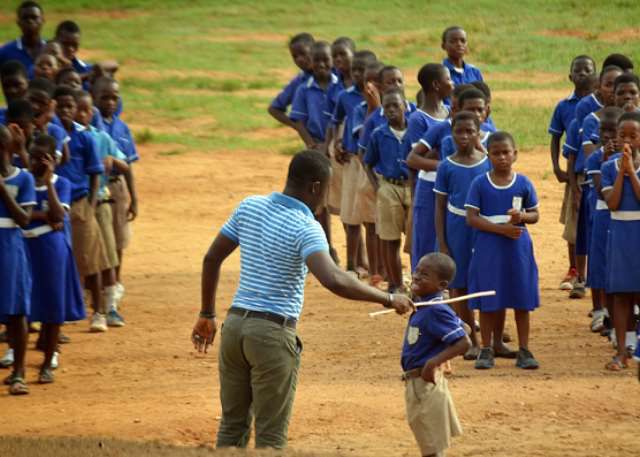
READ MORE: Kofi Boat challenges extradition process in $100m US romance scam case
No person shall subject a child to torture or other cruel, inhuman or degrading treatment or punishment including any cultural practice which dehumanises or is injurious to the physical and mental well-being of a child.
Translation: You can’t beat, insult, lock up, or force a child to kneel in the hot sun and call it “training.” That’s abuse—and it’s against the law.
What Act 732 (Domestic Violence Act) Adds
READ MORE: ‘The world will know soon’ – Ananzo on how he’ll use Davido’s $5,000 gift
This law takes things a step further. Section 1 of the Domestic Violence Act, 2007 (Act 732) says:
Domestic violence includes any act or threat of physical, sexual, economic or emotional abuse that harms or is likely to harm the safety, health or well-being of a person.
That includes children. So even slaps, insults, or punishments that humiliate them could land you in hot water.
READ MORE: I’m not in music for passion – I’m hungry for it’ – Gyakie
How To Discipline Your Child Without Yelling or Hitting
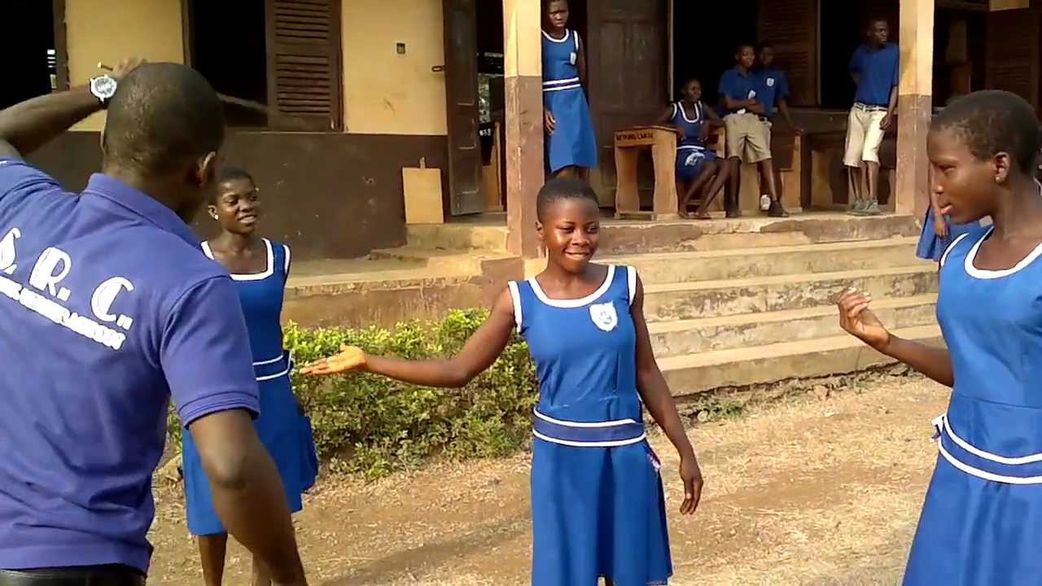
Here’s the good news: there are smart, respectful—and legal—ways to raise disciplined kids in Ghana without becoming a villain in your own home.
1. Talk, Don’t Shout
READ MORE: Top 10 countries that accept international students easily
Yes, it takes patience. But talking calmly and firmly works better than screaming.
Try this:
Kwesi, I warned you about throwing your toys. If it happens again, I’ll take them away.
It’s about teaching, not terrifying.
READ MORE: 10 university courses that might leave you jobless in Ghana
2. Time-Outs Still Work
This isn’t just for oyibo homes. Time-outs are simple: send the child to a quiet space to calm down for a few minutes.
Pro tip: One minute for each year of the child’s age. So your 6-year-old gets six minutes.
READ MORE: 10 university courses that might leave you jobless in Ghana
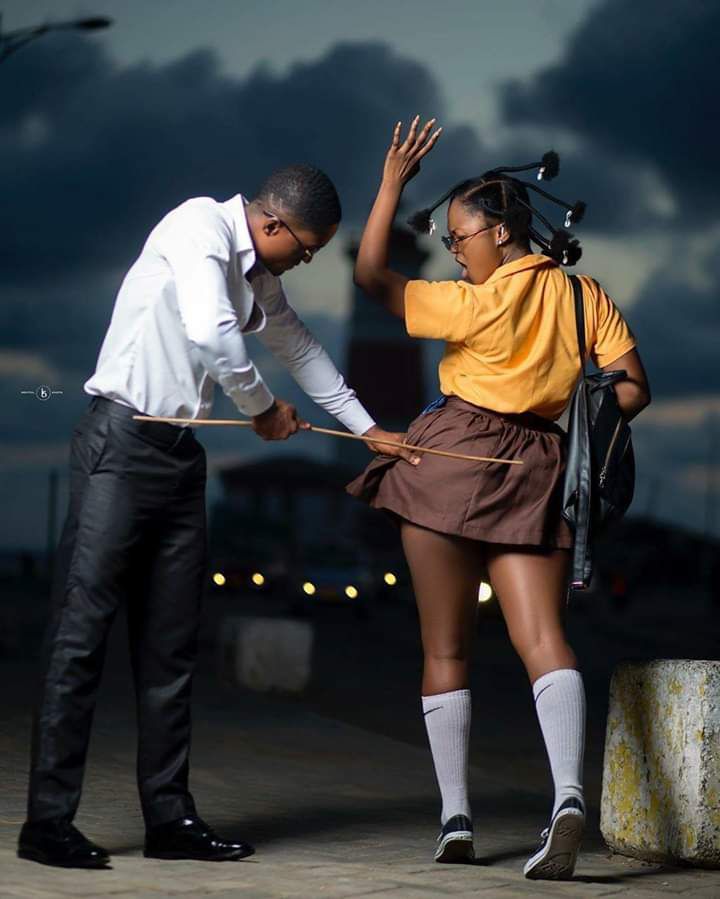
3. Take Away Privileges
TV, tablet, football, sweets—whatever they love, put it on pause when they mess up.
Example:
You didn’t do your homework, so no cartoons this evening.
READ MORE: 10 best courses to study in Ghana for quick employment
Consistency is key.
4. Let Nature Do The Teaching
Sometimes, it’s best to let them feel the effects of their actions.
Example:
Don’t force your child to take an umbrella. When they get wet, they’ll remember next time.
5. Reward Good Behaviour
READ MORE: Afua Asantewaa’s husband flies to US to meet her after she complained of long-distance
Don’t only shout when they’re wrong—praise them when they get it right.
Try saying:
You packed your school bag without being asked? That’s impressive!
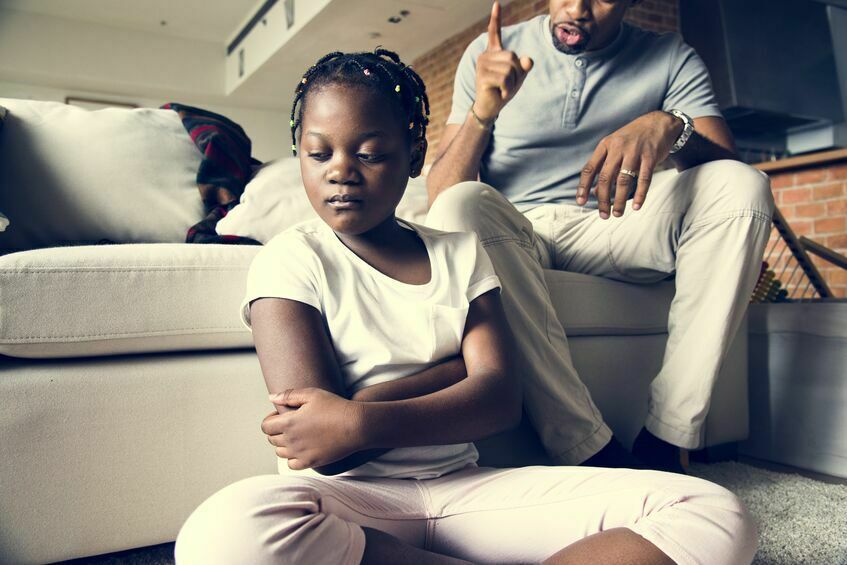
Positive reinforcement works like magic.
READ MORE: 10 universities in Ghana that accept low WASSCE scores
6. Make The Rules Clear
Children thrive on structure. Set the rules—and stick to them.
Visual tools like chore charts, daily routines, or bedtime schedules can save you stress.
7. Grounding
For older kids, grounding works wonders. Take away outings or hangouts for a short period.
Just don’t drag it forever—make it realistic and connected to the misbehaviour.
READ MORE: Top 10 most expensive high schools in Ghana and their fees
8. Family Meetings Help
Once a week, gather the kids. Talk about behaviour, expectations, and even let them speak their minds.
It builds trust—and helps everyone feel heard.
Discipline That Can Get You Reported
READ MORE: Black Sherif explains why he avoids singing about women and sex
Some old-school punishments are now risky business. Here’s what not to do if you want to avoid calls from Social Welfare or DOVVSU:
|
Don’t Do This |
Why? |
|
Beating or caning |
Could be seen as assault |
|
Insulting or shaming |
It’s emotional abuse |
|
Locking a child in a room |
Seen as cruel and degrading |
|
Forcing kneeling in gravel or sun |
That’s inhuman treatment |
|
Denying food or school |
Violates basic child rights |
READ MORE: ‘I use it for nothing, just for urine’ – Amerado won’t avoid toffees to save his manhood
Where To Get Help Or Report Abuse
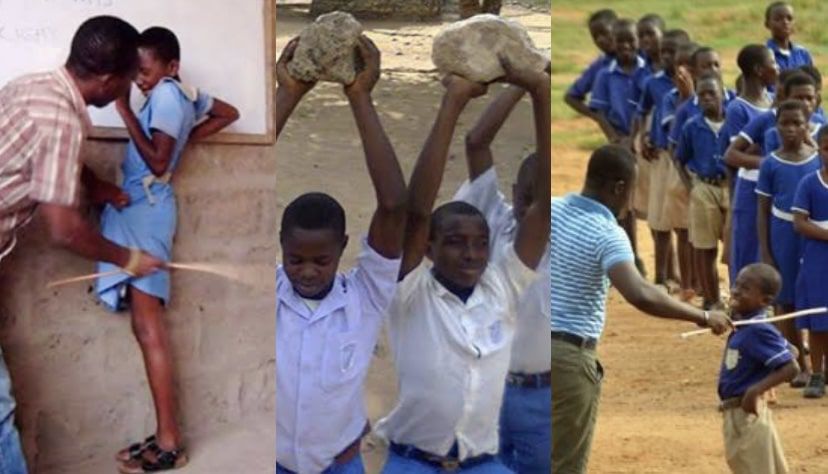
If you’re unsure about what’s allowed—or need help with a difficult child—reach out to:
-
DOVVSU (Domestic Violence and Victim Support Unit)
-
Department of Social Welfare
-
Ghana Education Service (if you’re a teacher)
They won’t judge you—they’re there to support both caregivers and kids.
READ MORE: 10 affordable universities in Canada for international students
Final Word: You Can Be Firm Without Being Fearful
Discipline doesn’t have to mean pain. You can correct your child, teach values, and build respect without slapping or screaming.
READ MORE: Yvonne Nelson, Lil Win and other celebrities who are giving back by running schools
Ghana’s laws—especially Act 560 and Act 732—aren’t out to stop parenting. They’re there to protect children from lasting harm.
So, next time you feel like reaching for the cane, pause—and reach for patience instead.
The goal is to raise strong, confident kids—not broken adults.
READ MORE: How to choose a university course that’s right for you

